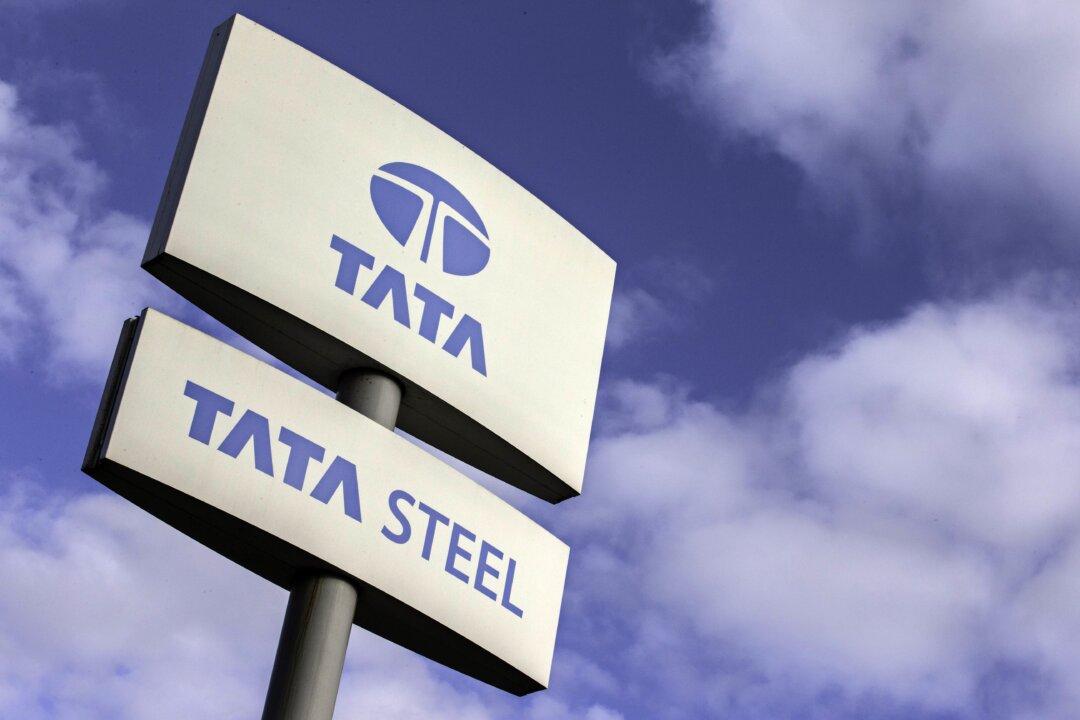India’s largest steelmaker, Tata Steel, is turning to Australia and North America for its coal supplies after the company decided to stop imports from Russia.
This comes in response to the Russia-Ukraine conflict, which has forced buyers to find alternative commodity supplies such as coal, gas, wheat, and corn.





